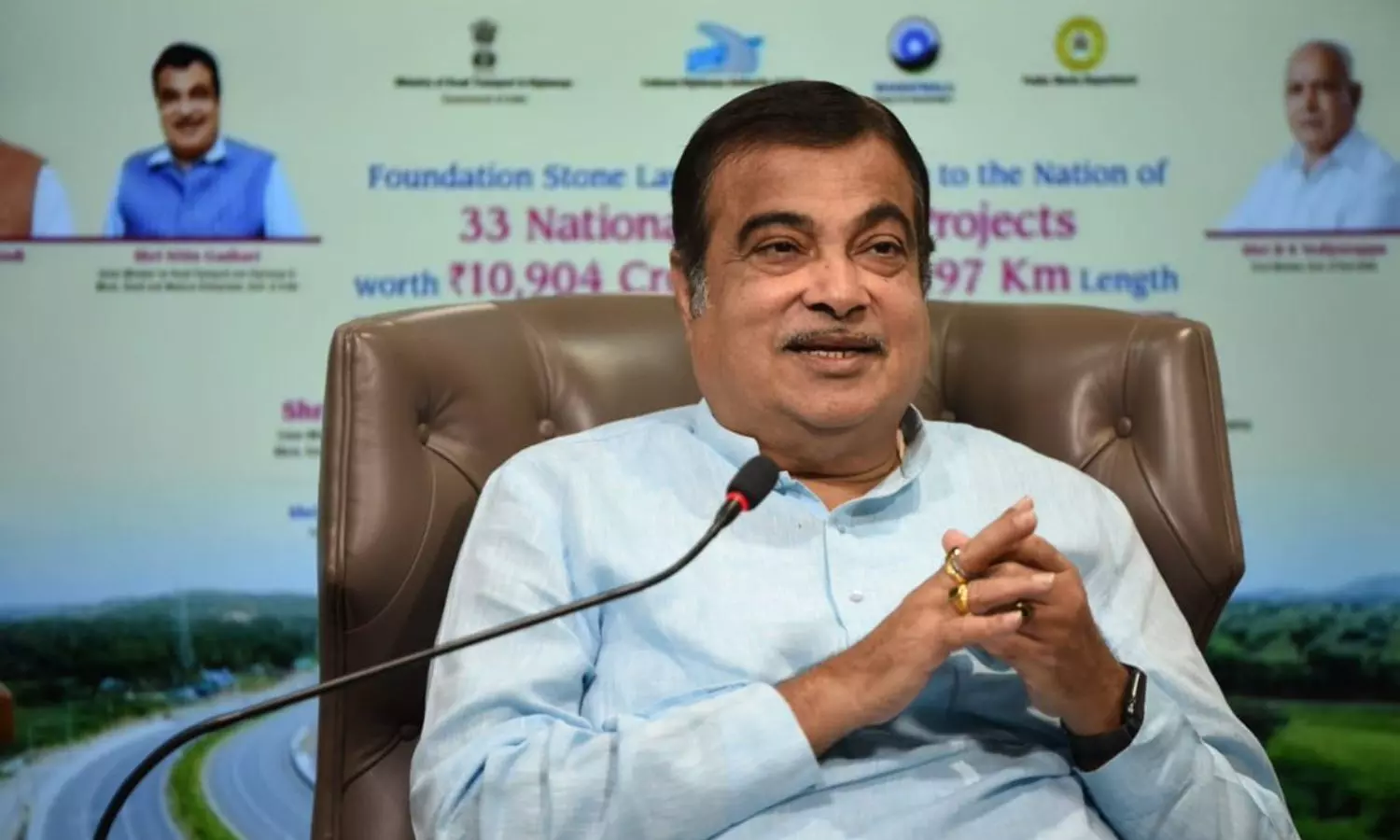Does discourse on the budget help Modi sustain his image?
Disconnect between people and the ruling party is evident in events like Rahul Gandhi's meeting with farmer groups. Does it not indicate a lack of communication between people and the government when farmers meet the Leader of the Opposition instead of a Union Cabinet minister?
image for illustrative purpose

He has promoted the myth that he discriminates against other States to promote Bihar and Andhra Pradesh's interests to placate Nitish Kumar and Chandrababu Naidu. This is necessary for his government's survival and to win Bihar's assembly elections. Will this help him sustain his larger-than-life image?
A lack of enthusiasm for the budget announcements speaks volumes about Indian politics. The budget aims to change the lives of common people. Constitutional provisions insulate financial bills from being handled by indirectly elected members of the Upper House, indicating that the builders of democratic India wanted direct representatives of the people to make financial decisions. Does this not mean they must answer all questions that bother the people? However, the budget hardly assures common citizens. People have lost faith in the ruling establishment.
We need to recall how the monsoon session of Parliament used to attract hundreds of protestors to Jantar Mantar in Delhi. They represented even the poorest sections of society, who have reconciled to their hopeless situation. Media personnel routinely visited Jantar Mantar to report their demands. All this has changed during the past decade of Modi's rule. Politics has taken an entirely different course, focusing on projecting issues irrelevant to people's needs.
Disconnect between people and the ruling party is evident in events like Rahul Gandhi's meeting with farmer groups. Does it not indicate a lack of communication between people and the government when farmers meet the Leader of the Opposition instead of a Union Cabinet minister? It's not difficult to understand why this situation has arisen. Farmers have been denied their basic democratic right to voice grievances. They are not allowed to come to Delhi, and the atrocities they face are unprecedented. How could a democratic government erect spiky barricades to prevent citizens from gathering for peaceful protests? Farmers have lost hope in the ruling party, as evident from their reluctance to approach Rahul Gandhi. This is ominous for the country, indicating the end of government accountability.
Both appointed and self-appointed advocates of Prime Minister Narendra Modi and his government are trying to divert attention from real issues. The issue of allocations for projects in Andhra Pradesh and Bihar is one such example. The media has hardly investigated this issue. Allocations barely meet the needs of these States, mostly relating to incomplete projects languishing for years. In Bihar's case, allocations hardly address the State's needs. The debate overlooks the fact that Bihar requires a different approach. The State struggles to provide basic facilities like health and education, prompting migration to other States for jobs, medical aid, and education. Allocations focus on road development and infrastructure, failing to alleviate the State's problems. This is an attempt to influence assembly elections later this year. The ruling NDA in Bihar portrays these allocations as a victory, misleading common people. The NDA has ruled the State for almost two decades, and its failure to address underdevelopment and economic backwardness is a significant commentary on its performance.
The Modi government's inflated portrayal of allocations harms the State, generating apathy towards a State targeted by parochial forces in other States. Biharis travel to different areas for employment, contributing to the economy of rich States like Maharashtra and Gujarat, yet face poor treatment. The inflated portrayal has made the State a target of opposition parties in the States. They feel discriminated. The INDIA alliance also fails to present the real picture. Is it not a failure of our political system that it refuses to discuss regional imbalances caused by the post-colonial development model? Should we not discuss why resource-rich Bihar lagged in developing a sustainable economy? Should all political parties, including the BJP, be held responsible?
Has Prime Minister Narendra Modi lost the narrative? Should it not worry him that people have not taken his budget seriously? He has promoted the myth that he discriminates against other States to promote Bihar and Andhra Pradesh's interests to placate Nitish Kumar and Chandrababu Naidu. This is necessary for his government's survival and to win Bihar's assembly elections. Will this help him sustain his larger-than-life image? Does it not reflect poorly on him that he resorts to such gimmicks for short-term gains? JDU leader Kumar and Naidu support him for their reasons, having abandoned their demand for special status for their respective States.
The failure of Prime Minister Modi to properly deal with his alliance partner indicates other symptoms. His narrative of development has lost its glamour, yet he refuses to reconcile with the situation. His allegation that the opposition is strangulating his voice reveals his attitude towards the opposition. Will this help Modi sustain his image?
(The author is a senior journalist. He has experience of working with leading newspapers and electronic media including Deccan Herald, Sunday Guardian, Navbharat Times and Dainik Bhaskar. He writes on politics, society, environment and economy)

